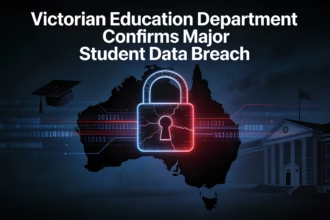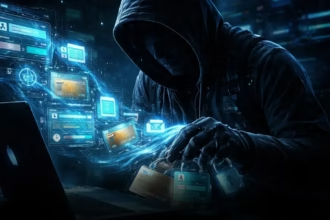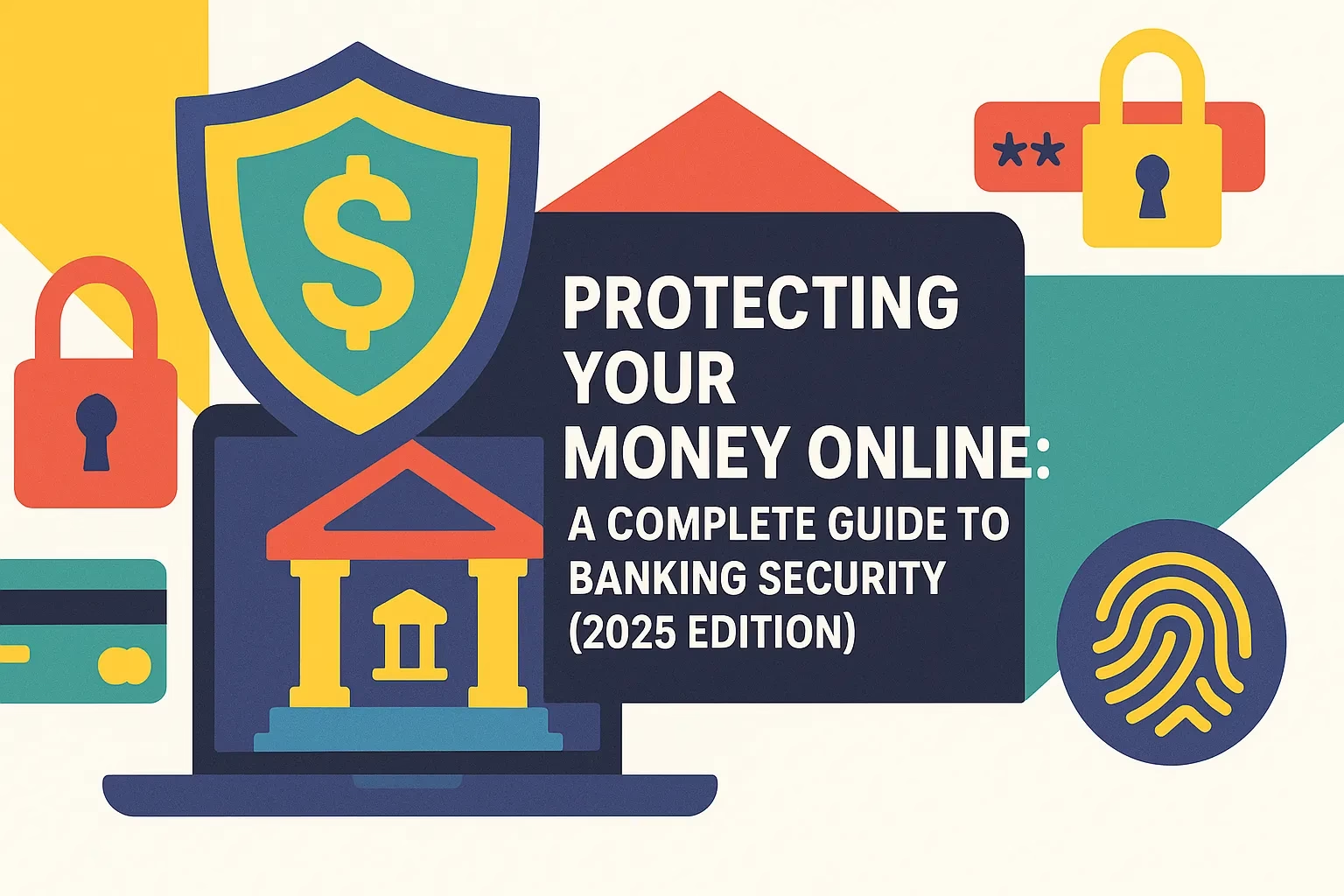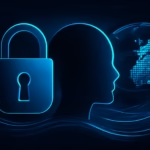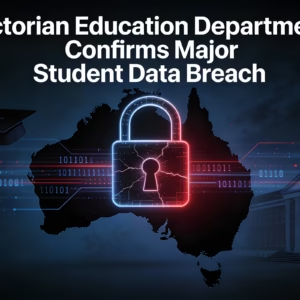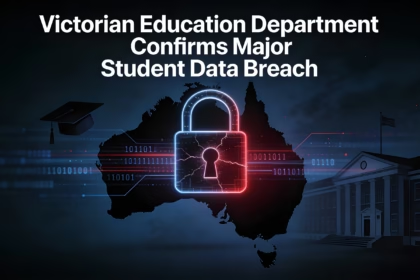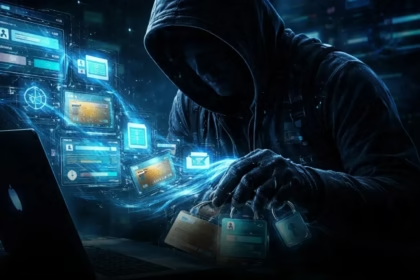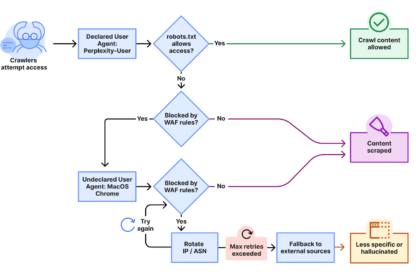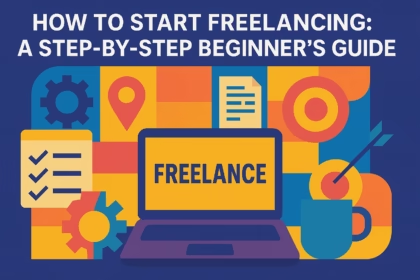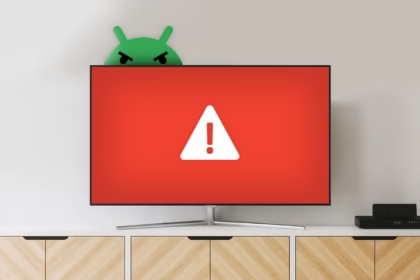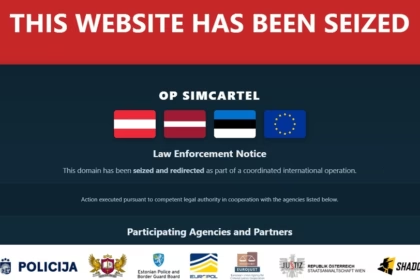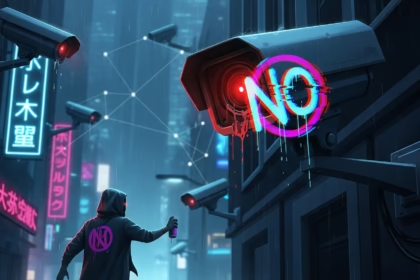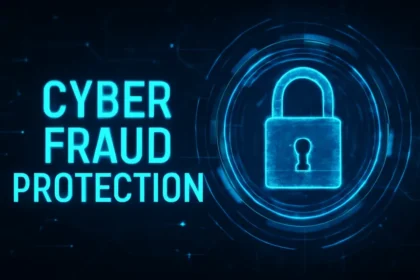Online and mobile banking bring incredible convenience—but cybercriminals are more active than ever. In 2025, global bank fraud losses topped $47 billion, with over one-third of banking customers targeted by scams last year [Source: KPMG Global Banking Scam Survey 2025; Bank Fraud Statistics & Financial Impact 2025].
Why Banking Security Matters
- 40% of fraud victims lose money when targeted.
- New fraud uses AI, deepfakes, and instant payments for harder-to-detect theft.
- Banks deploy stronger security, but staying vigilant is your best defense [Source: Jack Henry 2025, chargebacks911.com].
Key Threats in 2025
- AI Deepfake Scams: Voice/video mimicry tricks users into transferring funds.
- Account Takeover: Hackers use phishing and bots; $12,000+ average loss per victim.
- Real-Time Payment Fraud: Instant payment features exploited for rapid theft.
- Synthetic Identity Fraud: Fake/fused IDs used to open and drain accounts.
- “Pig Butchering” Scams: Long-term social manipulation drains savings.
- Elder Abuse: Older adults lose $28B+ annually to tech/romance scams.
Case Study (2025):
A U.S. bank reported hundreds of accounts hit after a phishing campaign mimicked real bank emails. Losses mounted until users enabled two-factor authentication and closely scrutinized email links [Source: Jack Henry 2025].
Practical Security Checklist
Daily
- Check accounts for unfamiliar activity.
- Log out after all banking sessions.
- Never save banking passwords on shared or public devices.
Weekly
- Review transaction alerts and recent activity.
- Update device security and banking apps.
- Watch for suspicious emails or SMS.
Monthly
- Change your banking passwords.
- Update all security software.
- Run a full device scan for malware.
Core Security Practices
Passwords & Authentication:
- Create a unique, strong password (use a manager like Bitwarden or 1Password).
- Always enable two-factor authentication (prefer app-based or hardware tokens).
- Never share passwords or 2FA codes.
Device & App Security:
- Update operating systems and bank apps as soon as updates are available.
- Use antivirus software on all computers and phones.
- Avoid banking on public WiFi; use a VPN when traveling.
- Only download bank apps from official app stores.
Warning Signs (Red Flags):
- Requests for passwords or PINs via email/phone.
- Email links or attachments you didn’t expect.
- Small “test” charges, duplicate transactions, round-number withdrawals you don’t recognize.
Advanced Protection
- Use a dedicated email only for banking, secured with 2FA and a unique password.
- Segregate funds: keep only daily spending in checking; use card controls and virtual cards for online purchases.
- Turn on real-time log-in and transaction alerts.
- Check your credit report each month via authorized services.
Quick-Reference Table
| Threat | Prevention | Recovery & Cost |
|---|---|---|
| Phishing | Don’t click links, verify senders | Change passwords, alert bank (Free) |
| Malware/Keyloggers | Antivirus, frequent patching | Scan/reinstall OS ($30-60/yr) |
| Account Takeover | Strong passwords, 2FA | Freeze accounts, notify bank (Free) |
| Synthetic ID Fraud | Use official channels, monitor credit | Report & monitor ($0-20/mo) |
| Deepfake/BEC | Double-verify requests by phone | Law enforcement, bank (Free) |
The “Never” List:
- Never share passwords or PINs.
- Never click banking links from unknown sources.
- Never use public WiFi for banking.
- Never ignore suspicious or unknown transactions.
The “Always” List:
- Always use unique passwords and 2FA.
- Always verify website/app URLs.
- Always monitor your accounts.
- Always trust your instincts—if something feels off, stop!
If Something Goes Wrong
- Call your bank’s fraud hotline immediately.
- Change all passwords and freeze affected accounts.
- File a police report, notify credit bureaus, and save screenshots.
- Set up ongoing credit and account monitoring.
Resources for More Help
- FTC.gov (US), IC3.gov, and your country’s consumer protection agency
- KPMG Global Banking Scam Survey 2025, Federal Trade Commission, FBI Internet Crime Report
Final Word
Financial security in 2025 demands staying alert, using robust authentication, and acting fast if you spot warning signs. Share these tips with family and especially older adults who may be targeted.
When in doubt, disconnect, and call your bank using the number on your card. Stay smart, stay protected!

